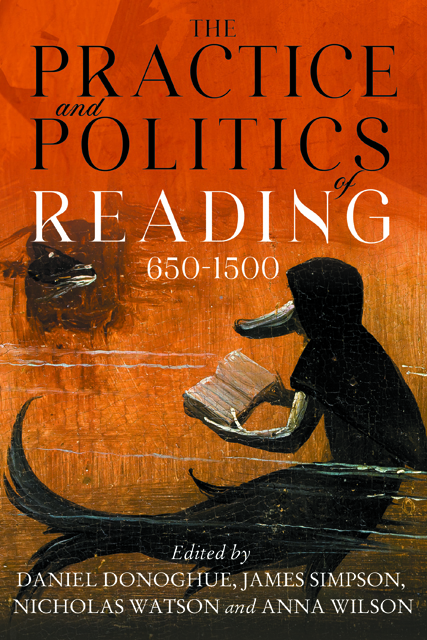5 - Ascetic Reading
Published online by Cambridge University Press: 11 January 2023
Summary
In martin luther’s Table Talk, a collection of short discourses collected by his followers and first published in 1566, two decades after his death, the reformer develops a comparison between Christian asceticism and the worship of idols. For a human body to subject itself to ascetic praxis, Luther asserts, is to take part in the “counterfeit spirituality” of those who sacrificed to Moloch, the Canaanite deity associated in the Hebrew bible with the practice of child sacrifice. Thinking to “shine outwardly as glorious and fair,” Christian ascetics, like worshippers of Moloch, are in fact wallowing in the “works of the flesh.” “Monks” who “sit in their cells and meditate of God, and of his wonderful works” and engage in “imaginary contemplations of celestial objects,” may be “kindled with zeal, weeping for joy on their knees” as they “banish” all thought of what is “temporal and evanescent” but are really engaged in vain self-worship, “idolatry.” The ascetic practices that accompany such false contemplation – “fasts, prayers, hairy shirts” – are similarly “works of the flesh.” The person who seeks to subtract substance from the body and reshape its natural desires and surfaces through ascesis, “honours and worships an idol in his heart.”
Indeed, monasteries, in which such forms of living proliferate, are places of deep perversion. Moloch is said to have been “an idol made of copper and brass, like a man holding his hands before him,” heated by “fiery coals.” “When the image was made very hot, a father … offering to the idol took his child and thrust it into the glittering hands of the idol, whereby the child was consumed and burned to death.” Even so parents who “give one or more of their children to the monasteries, to become either monks or nuns, that so they may serve God, as they say, day and night,” “thrust them into the throat of the devil,” and so “murder their souls.”
As so often with Reform critique, Luther’s imagination of Moloch as a devouring monastery acutely, if negatively, identifies a crucial structural logic of medieval religiosity. Ascetic practice, monastic or eremitic, indeed intends to “burn up” the natural human being, the “temporal and the evanescent,” shaping the natural person into a constructed and spiritually superior body and mind.
- Type
- Chapter
- Information
- The Practice and Politics of Reading, 650-1500 , pp. 110 - 135Publisher: Boydell & BrewerPrint publication year: 2022



